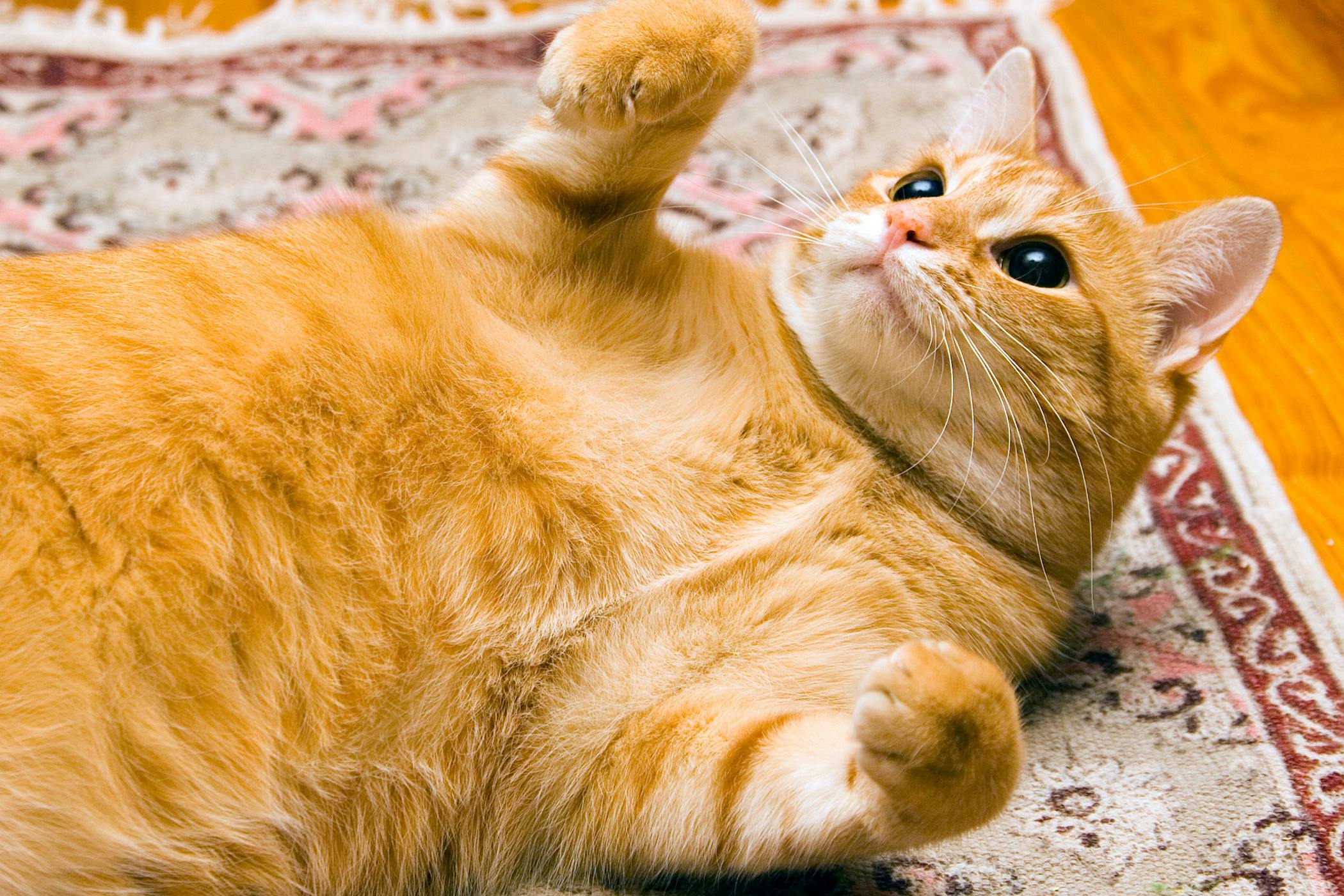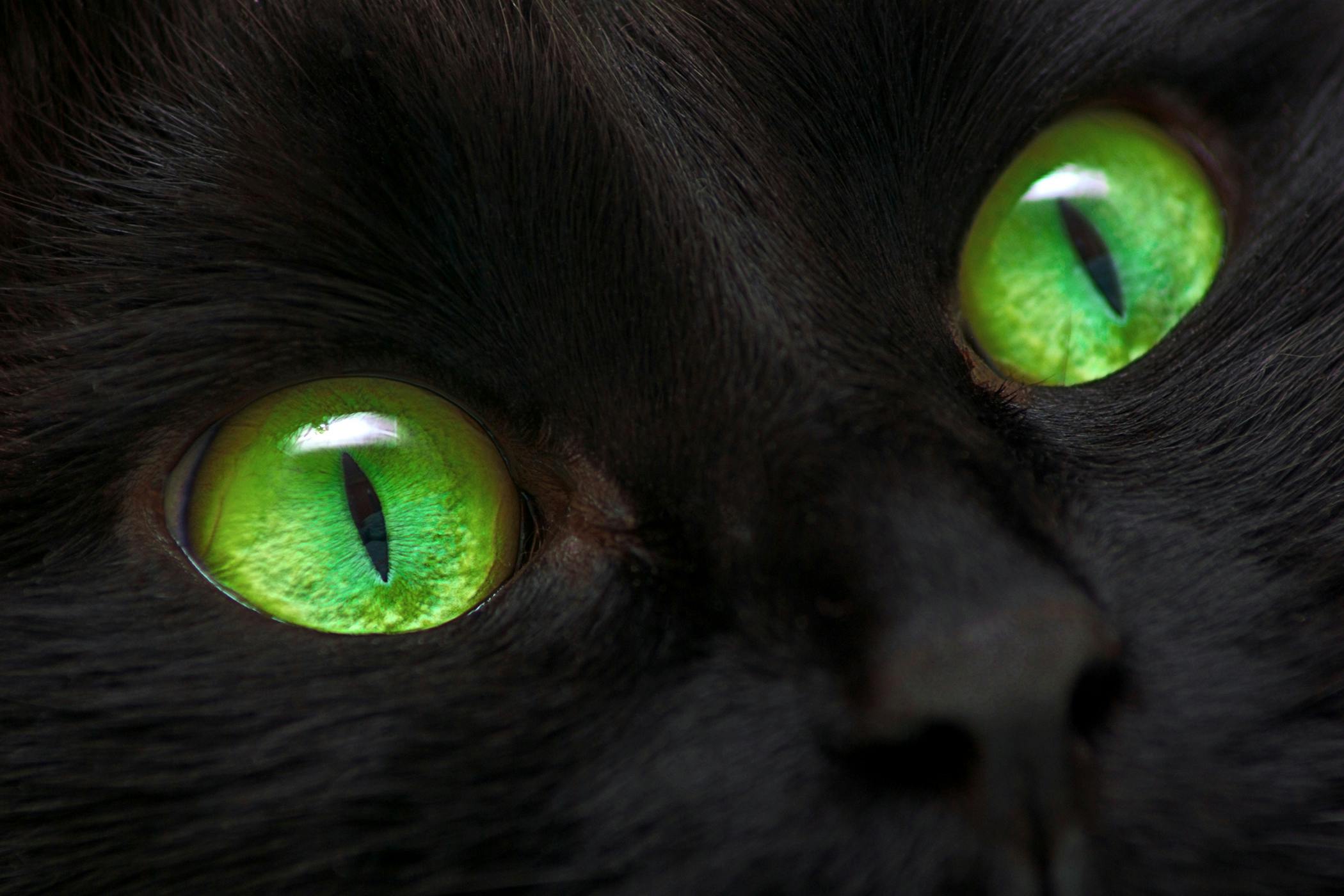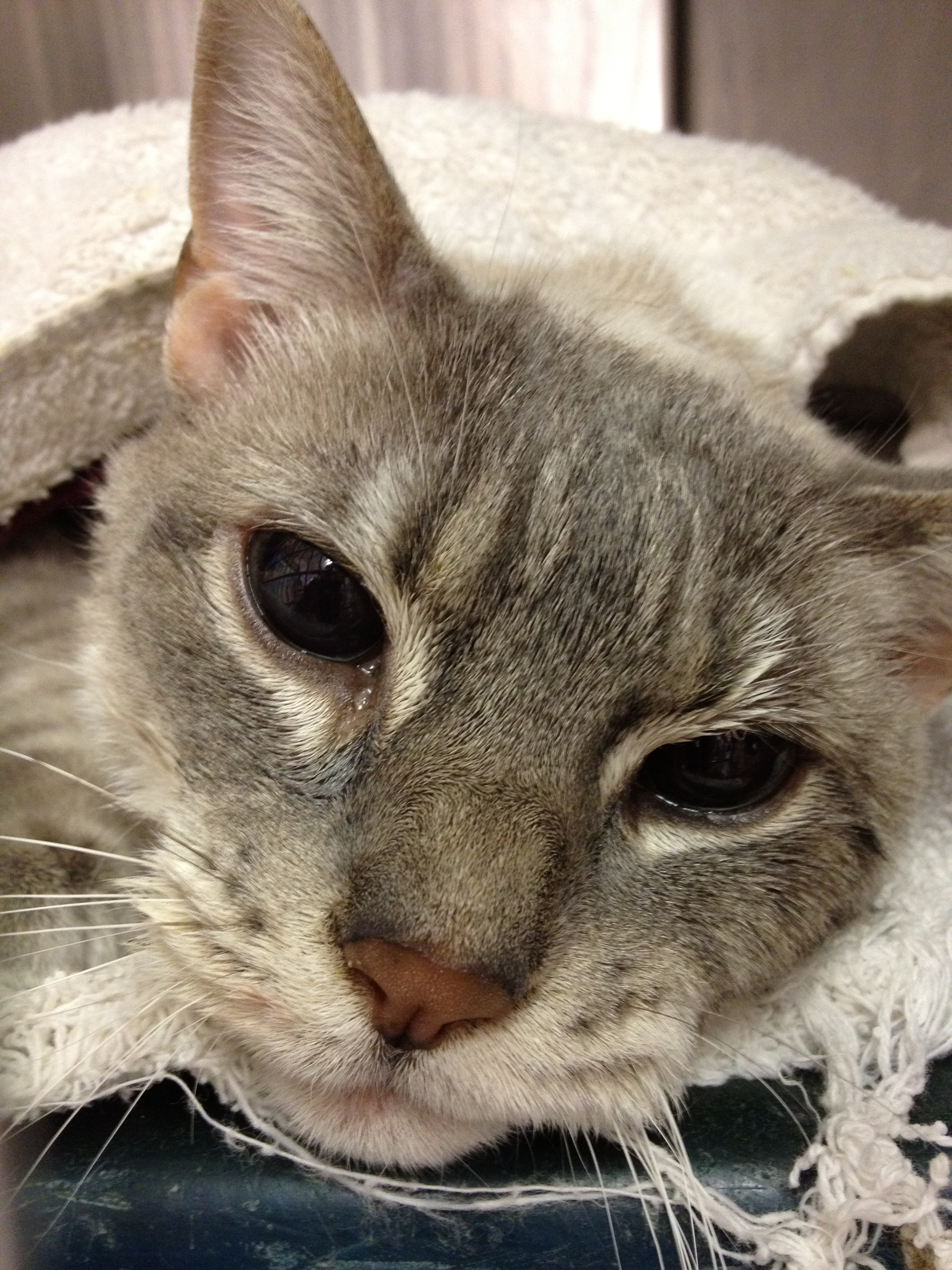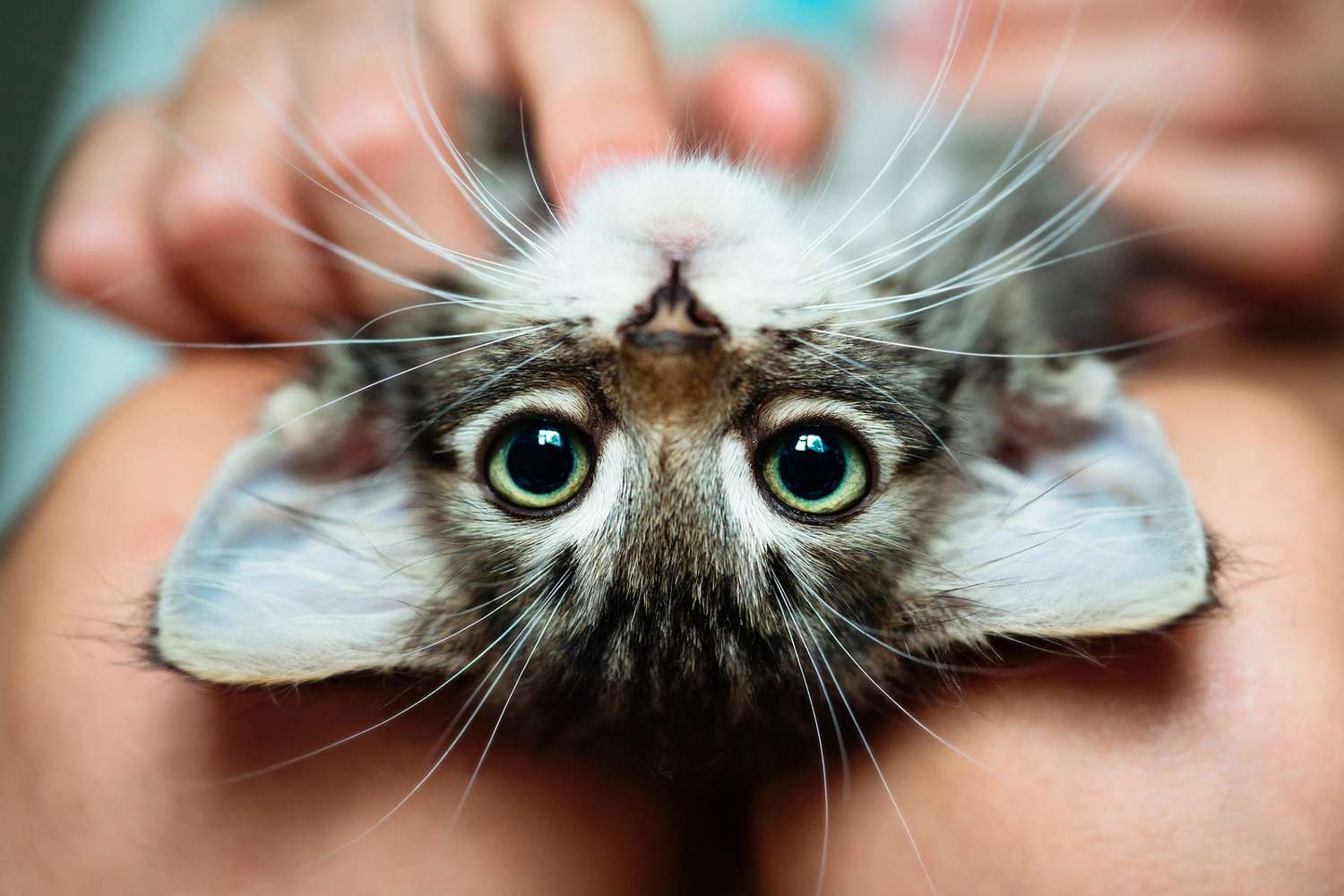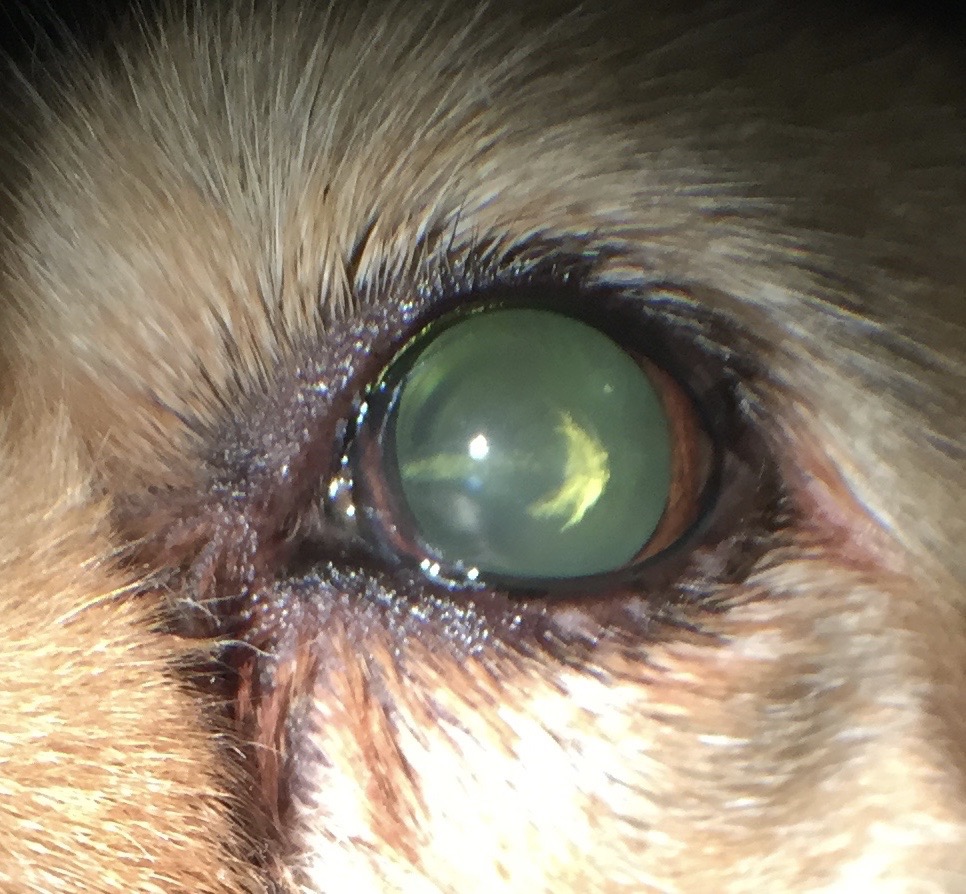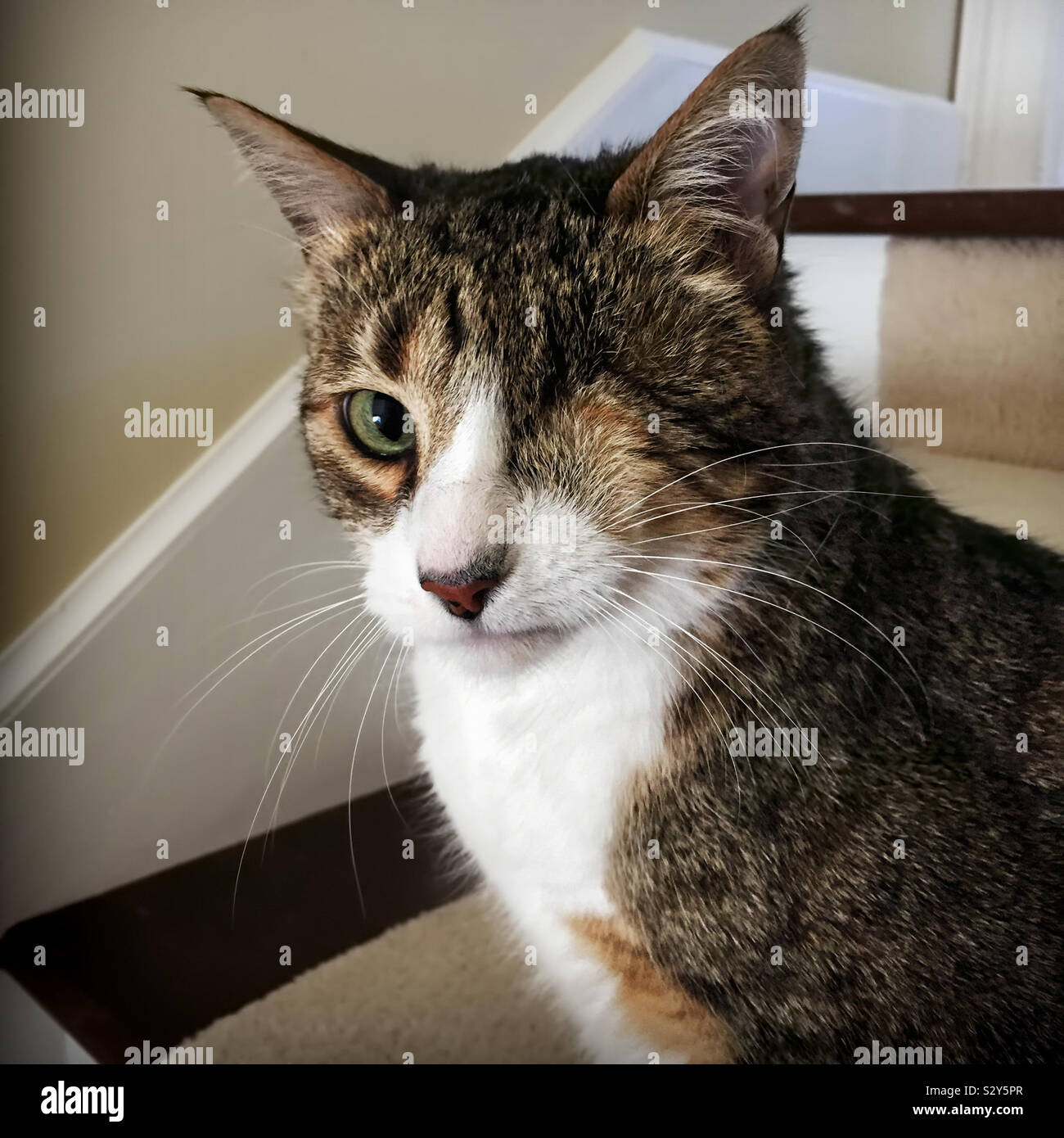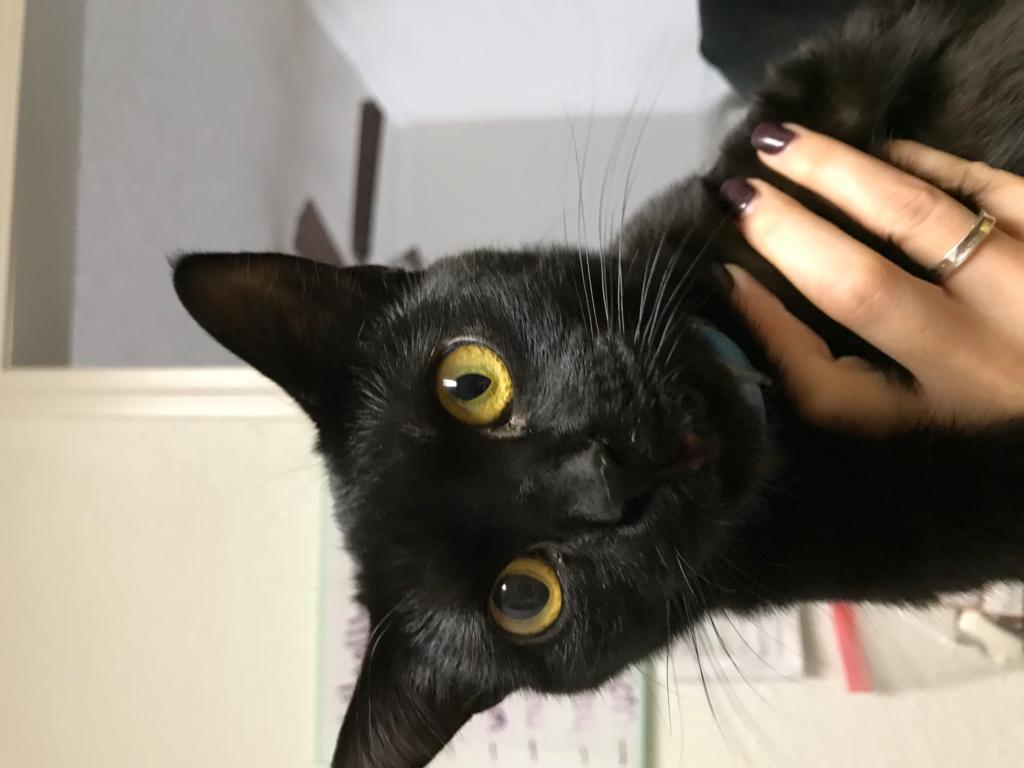Cats Eyes Dilated After Anesthesia
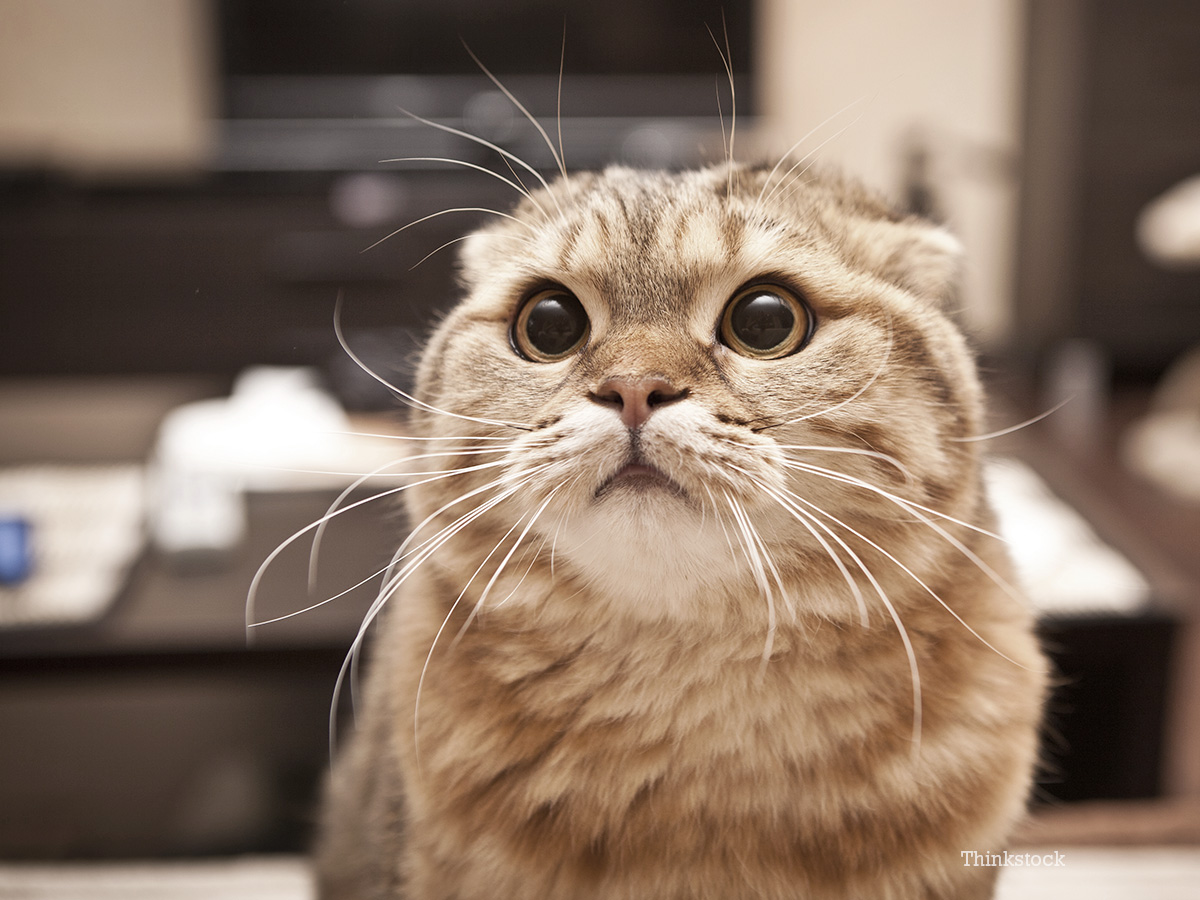
In cats the pupil is an elliptically-shaped opening in the middle of the iris that allows light to pass through the eye to the retina.
Cats eyes dilated after anesthesia. The pupil constricts or dilates enlarges according to the amount of light that enters the eyes with both pupils normally dilating in dim light and constricting in bright light. Some cats experience a phenomenon known as rebound hyperthermia after anesthesia in which their temperature may rise as high as 411422C 106108F. My cats after anesthesia.
Key-Gaskell tends to affect cats younger than three years old and has no known cause. She can continue nursing even after spay and the kittens can be trapped and spayedneutered once they are 12 weeks old. It can result in signs such as watery eyes discharge redness rubbing blinking excessively and a showing third eyelid.
He or she may seem drowsy. I believe it was around 3 pm yesterday i left her at the office around 3pm and i picked her up around 5 pm she did drink a lot and she ate a little no discharges just a little redness around her eyes they wanted to take dna samples to test for herpes virus because she had sneezing and some mucus and a respiratory infection las year in octber. As the anesthesia wears off your cat will probably be groggy and tired.
Anesthesia can also be administered locally to numb a specific area or part of the bodysuch as a tooth area of the skin or the. General anesthesia is achieved by administering drugs that suppress your cats nerve response. The one with brittle bones was up and playing chasing her tail.
In addition to enlarged pupils Key Gaskell has a long list of symptoms including avoidance of light vomiting diarrhea straining to urinate coughing. After the cats are fixed release them at the location where you found them. Hypothermia is a common complication during and after anesthesia.
This may worry the cats owner because anesthetics can harm or rarely even kill a cat. If the cat was truly normal for the two days after the anesthesiayour vets will probably start looking for infectious type problems that would take advantage of the suppressed immune system during anesthesia. You may notice some whimpering or whining.
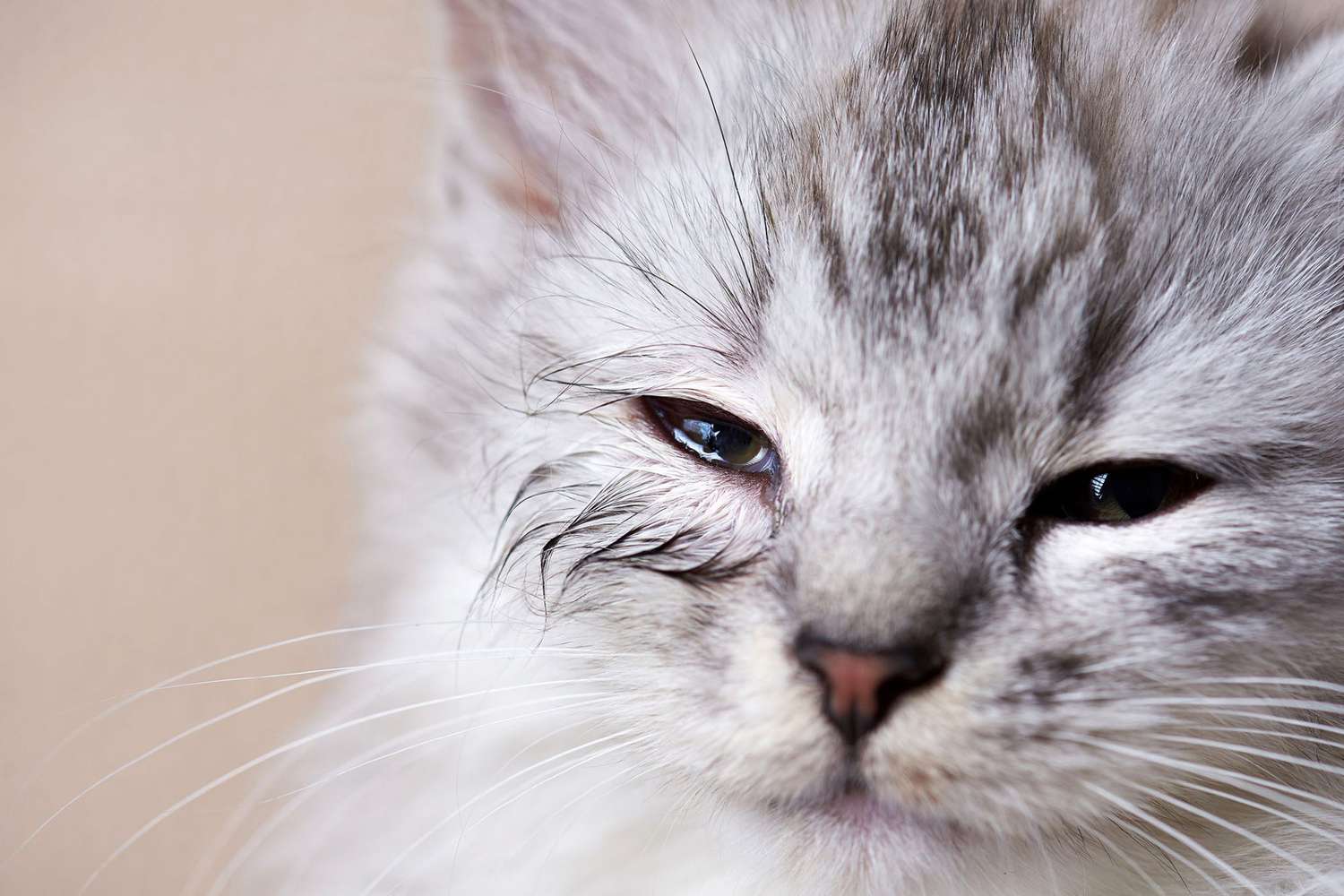

/close-up-of-a-lazy-cat-618694790-587e55495f9b584db3f2b71e.jpg)
